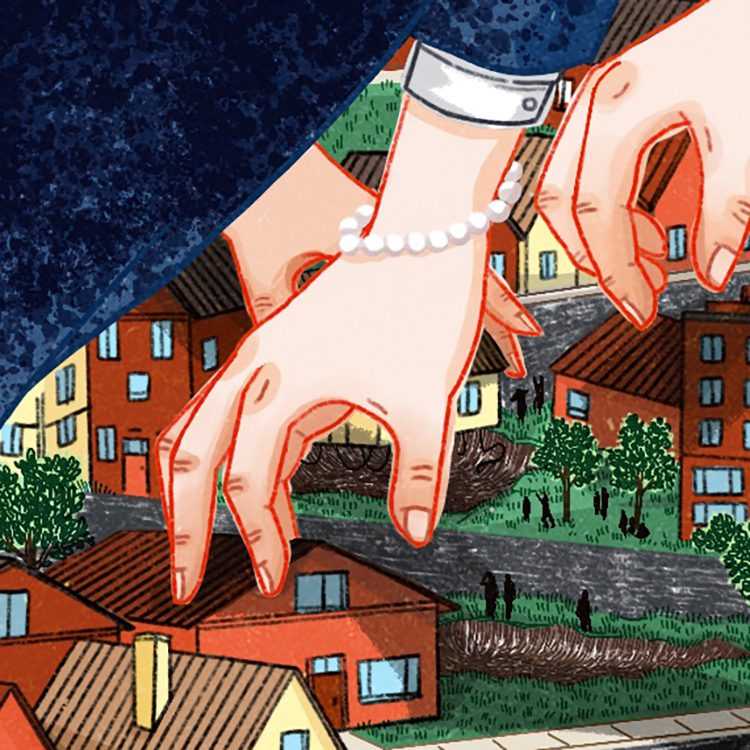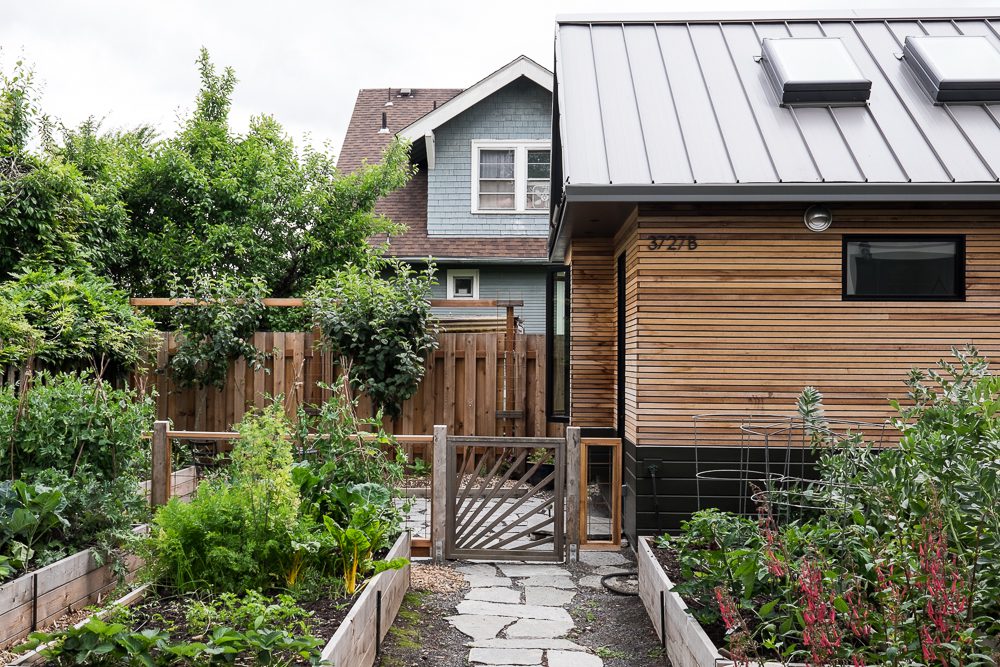Thanks to the collaborative work of many nonprofits led by the Alliance for Justice, last year’s efforts to limit funding to community-based organizations who engage in nonpartisan electoral work like voter registration failed at the national level. But beyond Washington, DC, some states have been successful this year in making political engagement a much more difficult process.
According to the Brennan Center for Justice, “laws have been recently enacted in Colorado, Ohio, Maryland and New Mexico; with Arizona, Georgia, Missouri and other states considering similar” laws to restrict nonprofits’ activities. While current law does not allow 501©3 or ©4 nonprofits to endorse, support or oppose individual candidates, the law does not completely restrict political activities. The Alliance for Justice’s Nonprofit Advocacy Project (www.afj.org/nonprofit) offers guidance to nonprofits so that they understand how to fully and legally participate in the political process.
One of the most important ways your organization can build a progressive movement for change is to make sure the politically disenfranchised in your community are registered to vote. The National Low Income Housing Coalition’s (NLIHC) Voterization 2006 (www.nlihc.org/VOTE) project works with nonprofit housing organizations across the country to encourage greater numbers of low-income and homeless people to vote in upcoming elections. The goals of Voterization 2006 are to educate elected officials on low-income housing issues and on how their decisions affect residents and also to build power with elected officials. NLIHC believes the only way to get housing on the national agenda is to get candidates to understand that the issue of affordable housing is important to voters.




Comments